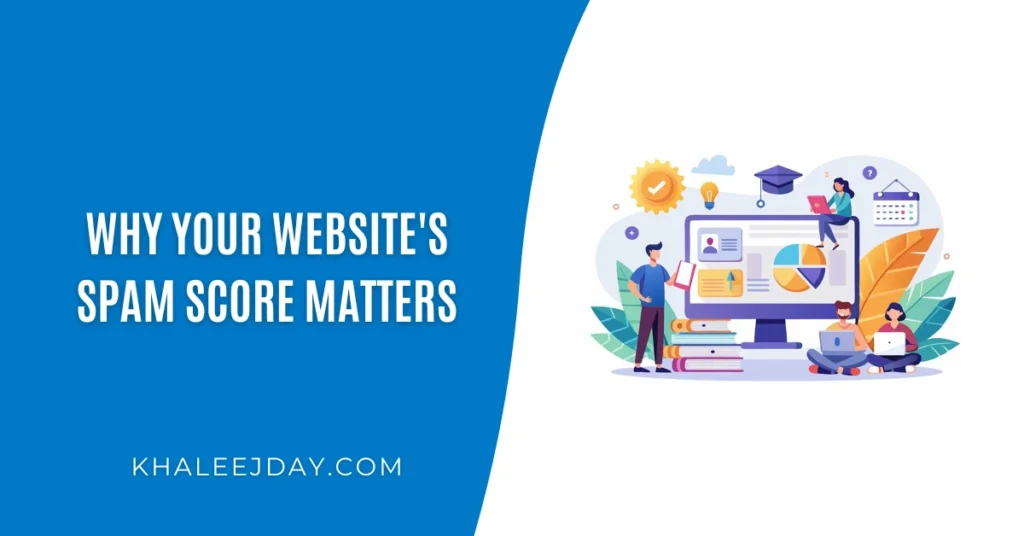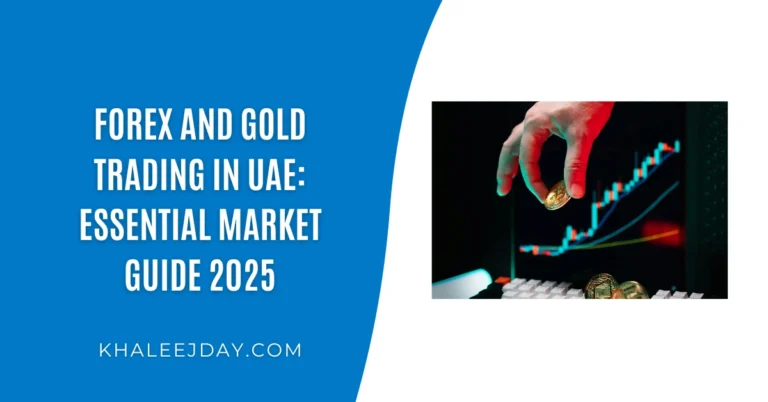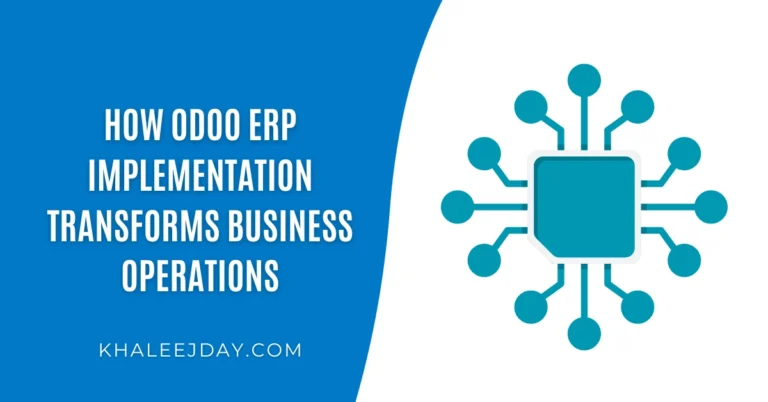Why Your Website’s Spam Score Matters
You should be especially concerned about the health and integrity of your website when it comes to gaining visibility through search engine optimization services. This is because the site’s credibility is of the utmost importance. The “Spam Score” assigned to a website is one of the top factors considered by search engines when determining site credibility. Spam Score is often misconstrued and misunderstood as an indicator that assists in improving a website, however, a high Spam Score would most definitely trail your SEO, self-doubt, spontaneity and will lower rank and organic traffic to the site.

To ease your worries, let this article guide you to comprehending Spam Score and address the gaping holes in your online footprint, bringing forth actionable methods to lower them best for your needs through reputable online marketing services.
What Exactly is Spam Score?
Spam Score is a matrix developed by Moz, an industry-recognized leader in SEO. It is a proprietary metric that spell checks tends to flag for spam vulnerabilities based on manipulative marketing strategies and ‘’Black Hat” SEO tactics. Spam Scores are calculated based on website traits and linking profile analyses, with a propensity towards unethical optimization schemes.
Spam Scores do not constitute direct ranking determinants by Google and are best described as predictive warnings of impending penalties dictated by the existence of certain characteristics on a web page during analysis. In other words, Spam Scores estimate how bad the domain is to the SEO industry.
With Spam Score, the likelihood and presence of spam-like implications is determined arbitrarily between 0% and 100%. The lower the Spam Score is, the more reputed and trustworthy the domain is in the eyes of Google, hence the 30% threshold, censured blitheness.
Why Should You Care About Your Website’s Spam Score?
Even if Spam Score isn’t a direct ranking factor, ignoring a high score can have significant negative consequences for your online presence and the effectiveness of your SEO:
- Lower Search Rankings: Websites with a high Spam Score are perceived to be less credible and trustworthy. Consequently, they rank lower for the target keywords, which severely undermines the SEO efforts of the website.
- Reduced Traffic: Decreased search rankings result in lower organic traffic and, subsequently, fewer paying customers or leads.
- Increased Damage To Reputation: Marking a website as spam brings damaging effects to the brand reputation and user trust.
- Wasted Money On Marketing: Spending money on digital marketing campaigns such as content writing and link building becomes futile if the website’s health is poor due to high Spam Score.
- Less Domain Authority: Increased Spam Score can hinder the earning of reputable backlinks, therefore slowing down the domain authority growth.
It is, therefore, clearly evident why there is a need to maintain a healthy Spam Score by taking measures to eliminate underlying problems.
Factors Contributing to Increased Spam Score
The algorithm by Moz takes into account differing aspects when determining a spam score for a particular site. Knowing these elements can be of help in determining areas of concern on your site:
- Threat Value: We assess how the quality of external sources of traffic to a page can potentially affect its ranks. Overall, how credible do such external sources seem, relative to the content of the page?
- Content Duplication: Mirrors of a text retaining the same meaning as the original gives rise to the issue of content repetition across multiple web pages, even within a single framework.
- Keyword Overload: Intentionally injecting common phrases that describe the subject of the text into that very text is termed search engine ranking manipulation. It is done primarily for ranking advancements.
- Excessive Outgoing Links: Too many links to external websites of value that are not pertinent to your content.
- Sitewide Footer Links: Using the same links throughout the footer enhances link building potential.
- TrustRank-Assessment: A score given to a website largely depends upon value added via external links to it. They are trustworthy.
- Link Profile Spam: Trace level reliability resources available via the internet and not the source technically lead to unbounded spam links available, altering the quality of links—akin to having no limits enabled.
- Keywords with over-saturation text: Hyperbolic repetition of phrases in link captions which equate to directed phrases in sentences served as links to these caps.
- Insufficient Pages Listed by SERPs: Comprehensive underperformance portrayed by the phrase stems from surfacing a minuscule percentage of pages as published by the website only on search engines.
- Malware or Security Issues: A website that has malware or any type of security flaw is usually categorized as spammy.
- Excessive Use of Interstitials or Pop-ups: Advertisement banners and windows that are disruptive to the user and inhibit smooth browsing experience.
The Recovery Process: Steps to reduce your spam score
Spam scores can ideally be reduced with commitment and strategy. To address the contributing issues, these actionable best practices can be pursued:
- Increase Content Standards: Shift your focus to ensuring that content is original, high quality, relevant, and of high value while making sure to address the user’s needs. Delete any duplicate or thin content.
- Outbound Linking Optimization: Improved user experience and adding relevant external lookup resources can increase site authority, make links more relevant, and provide more appreciation. Make sure this step does not create excessive or irrelevant outbound links.
- Improve Internal Linking: Use helpful internal linking systems that make it easier for visitors to navigate your website and enable optimal distribution of link equity to improve user experience.
- Backlink Profile Assessment: Take disavow or remove links from low quality, spammy, or irrelevant backlinks through specialized software. With the removal of such links, the reputation of the website can suffer. Hence, focus on gaining natural backlinks from credible sources and replace them.
- Examine footer links: Footer links in essence must be limited to navigation and legal information or documents. Curb link stuffing with a lot of keywords and focus on targeting specific areas.
- Prevent Cyber Security Threats: Regularly check your website for any malware or security vulnerabilities and swiftly resolve any issues. Implement robust security protocols.
- Facilitate User Engagement: Ascertain that the website is user-friendly, adaptable on mobile devices, and is absent of ads and pop-up windows that may harm the user experience.
- Diversify Anchor Texts with Outgoing Links: Put more consideration toward using varying anchor text when creating backlinks as it should encapsulate a broader range of wording rather than fixate on exact match keywords.
- Boost Indexed Pages: Guaranteed that all high-value and quality pages are indexed by search engines. Stipulate using sitemaps and robot text files properly.
- Enhance Reliance and Trust: Shift focus to acquiring reliable strategies to enhance the authority and trust of your website. This can be conducted through the creation of useful content, quality backlinks, and interaction with users to build rapport.
The Role of a Web Solutions Company in Dubai
With their specialization in SEO, a web solutions company Dubai will evaluate the negative impacts that over-exceeding the website’s Spam Score will lead to. With comprehensive SEO services, these businesses monitor Spam Scores and use systematic methods to lower them. This expertise coupled with website development, working on content, and building backlinks guarantee that your website is not only constructed but also maintained according to SEO standards to avoid high Spam Scores. Organic growth becomes easier and more sustainable. The business has uniquely positioned itself in the market and understands how to solve the requirements aligned to the goals your business has set.
Final Thoughts
Although spam score does not directly affect website ranking, it plays a significant role in determining how a search engine may view your website’s quality. If neglected, a high score can damage SEO results, organic traffic, or even brand image. With the information earlier presented, it is now possible to understand what Spam Scores stem from and with said understanding, implement necessary practices to attain a long term resilient website. Such long term practices could be constructing an easier to navigate website and simpler unique offerings to the market. Those looking for tailored help can consider using SEO services alongside a web solutions company Dubai for streamlined help. This merges the intricacies of website wellness with sustained online growth in a wider digital marketing strategy.






